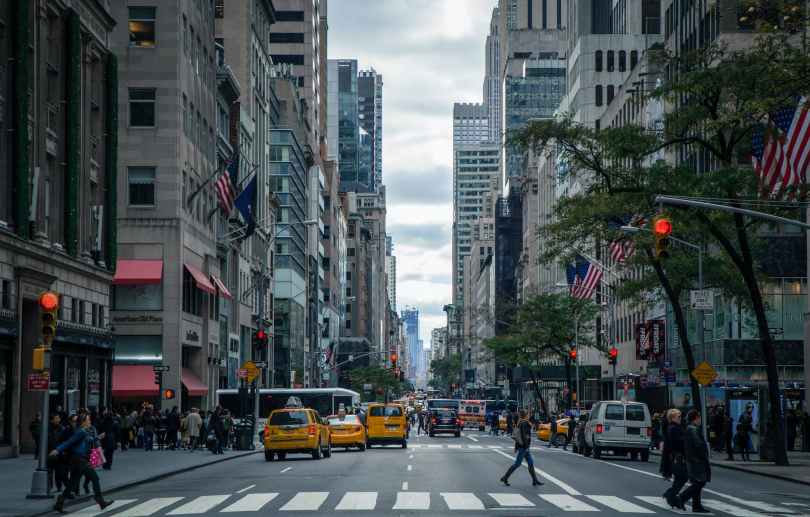QED Research Spotlight article by JDI Research Associate Brock Mutic highlighting recent research by QED Professor Sitian Liu
The COVID-19 pandemic upended our lives and the economy in unprecedented ways. Institutions and ways of organizing society which had previously been ubiquitous, had to be rethought and reworked on a dime, because of a deadly virus. One such institution was the office: although once a quintessential symbol of modern economic life, and an unquestioned premise of the modern labour market, the pandemic dissolved the office’s status as a synecdoche of work. In particular, it caused workers in unprecedented volumes and variations of jobs to transition to remote work, and to work-from-home models. The office was dead in the era of COVID-19, and Zoom had killed it.
Although remote workers gained increased work flexibility and safety from the virus, they lost their physical connectedness to each other. Coworkers were no longer separated by floors or cubicles, nor firms by blocks or kilometers. Economic relations, while previously physical and direct, became abstract and mediated; instead of relating directly to other people, remote workers separated by an unquantifiable digital distance could only directly relate to the shadows of the people on their screens.
Read More »